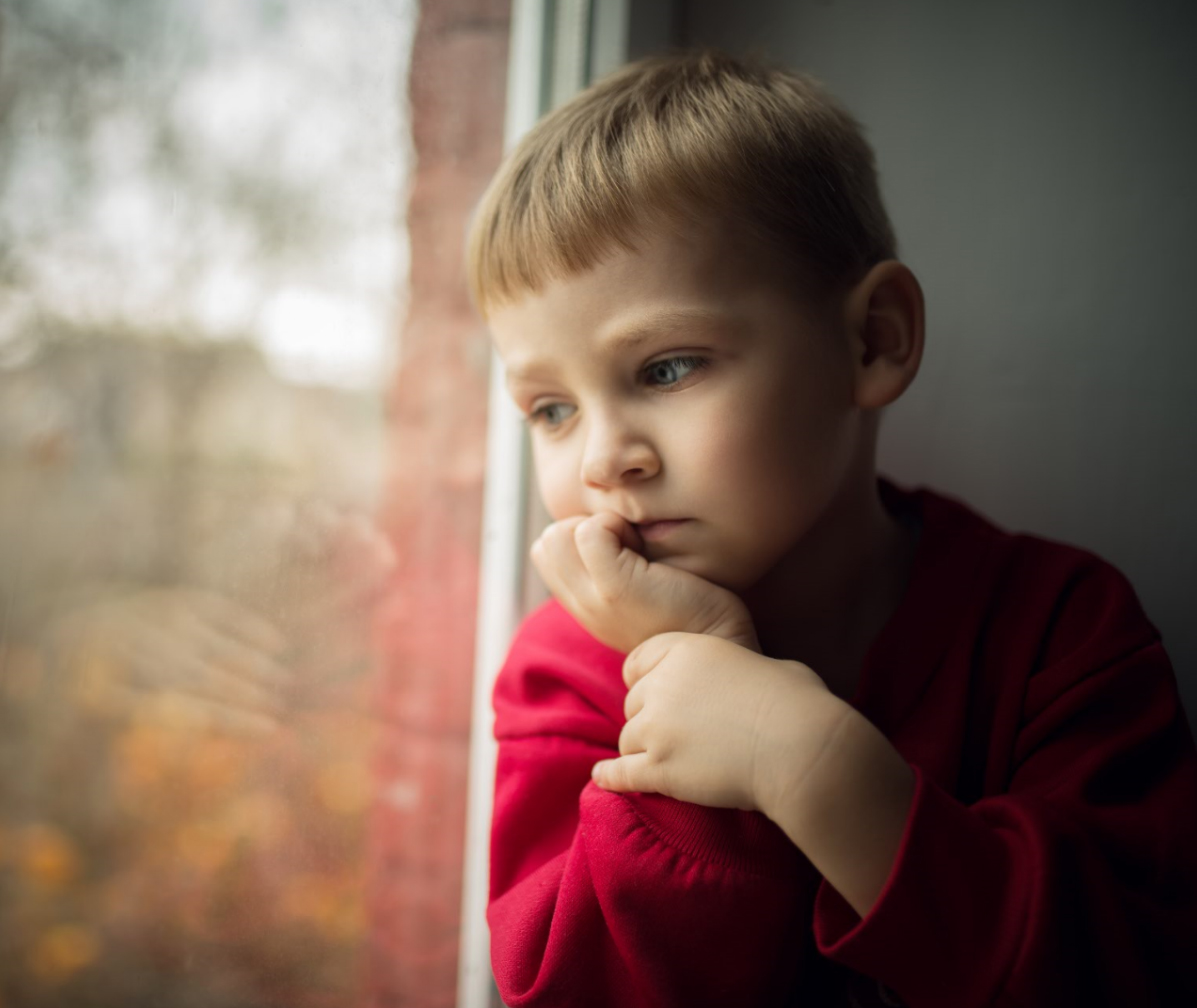Standing Strong Together
As many parts of society slowed down, our charities have seen demand skyrocket. The marginalised children and young people that rely on Raise Your Hands charities have been disproportionately affected by the coronavirus crisis.
Read how in the face of greatly increased demand, they innovated and are now looking to the future.
We know that you want to help out. Here’s the opportunity.

Increase In Need
It’s the most disadvantaged young people and children in our communities that have been hardest hit by the pandemic and lockdowns.
RYH charities were already providing a lifeline before coronavirus.
Now the need is even greater.
Dandelion Time
For some children and families, home might not be a safe place right now. Calls to the National Domestic Abuse helpline are up by 49%. At Dandelion Time, 88% of their referrals have experienced abuse or domestic violence in some form. The number of their monthly referrals has more than doubled since the start of the crisis.

Lockdown Innovation
The challenges posed by the pandemic have shown the best side of our charities.
We’ve seen just how nimble and adaptive these small, well-run organisations can be. They’ve adapted their ways of working and innovated like never before, so that they can continue to help vulnerable young people.
Football Beyond Borders
In just six days, FBB created their virtual school programme, completing an impressive pivot and meeting a new need of engaging kids with school work remotely.
Little Village
Find out about their craft packs, the virtual village, and Royal support for their work with the Duchess of Cambridge.
Create
Frank (12) has been caring for his mum who has osteoporosis since he was eight.
Read how Create have been using music to keep young carers like Frank connected during lockdown.
Mousetrap
They showed us how Every Home’s a Theatre with their Puppet Pandemonium.

Planning for the Future
Now that the dust is beginning to settle, our charities are looking at ways to bridge the void left by the virus. No-one knows what’s coming next but it gives us confidence and optimism to be moving forward alongside these community leaders who are determined that we build back better.
“We are yet to see the full impact of lockdown on children and young people. Some reports suggest we may see a third of children with PTSD. Children are telling us that they are very anxious about the return to school. We are concerned about issues like bullying and children’s emotional health, and the ability of schools to support their pupils with increased needs and limited resource. We are working with other children’s charities, consulting with children and families, and will adapt our programmes and services to meet these emerging needs.”
Lauren Seager-Smith, CEO Kidscape


Football Beyond Borders
FBB are determined to embed the lessons learnt in lockdown into how they operate in the future, flexing to fit whatever that may look like.

Help build a brighter future
We’re looking for individuals to invest in RYH charities, to meet the increase in demand:
- Children and young people are one of the groups most affected by lockdown. The charities you’ll support are experts in their age groups – from toddler to teenager
- This is happening here and now. RYH allows you to be part of the recovery all over the UK with just one donation
- RYH allows you to have impact across several causes and our robust due diligence processes mean your donation is in safe hands





